Anthony Camilleri, who began sailing at just six years old and went on to establish his own marine business in 1992, has witnessed the evolution of Malta's seafaring landscape.
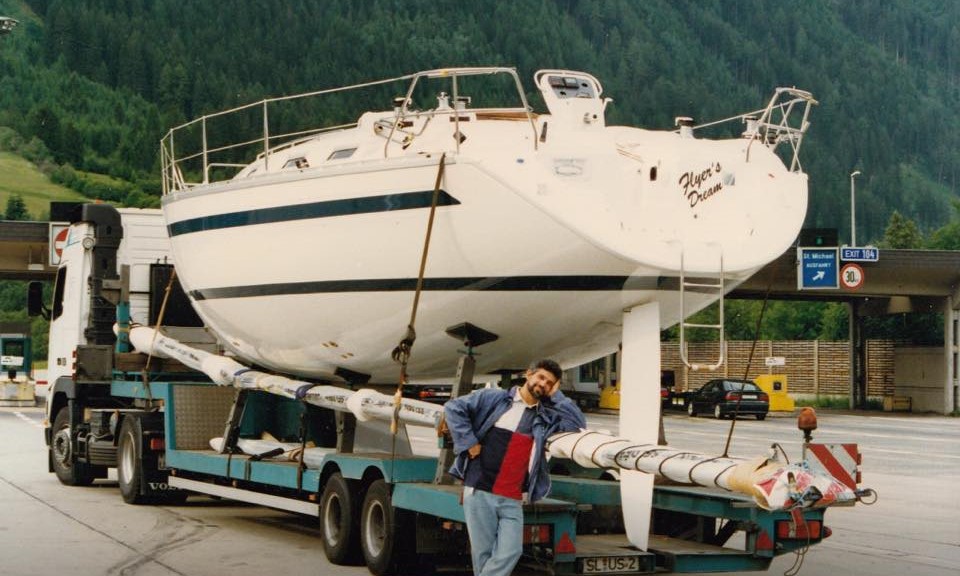
Anthony Camilleri in 1997, waiting for police and escort cars on the Austrian-Slovenia border
From the rise in boating incidents to the escalating costs of boat ownership, Ing. Camilleri, who is now retired, offers a unique perspective on the challenges and risks faced by today’s skippers and boat owners.
The Pembroke incident
A recent incident where a pleasure vessel ran aground in Pembroke sparked our conversation. "There are many reasons why a seacraft can run aground," Ing. Camilleri explains. "Mechanical or electrical failure, human error, and even poor weather conditions can all contribute. Fog, in particular, is treacherous. We’ve seen this happen locally and internationally. The 1955 MV Star of Malta disaster comes to mind, when a ship from Sicily ended up on the Merkanti Reef in St George’s Bay."
Ing. Camilleri also recalls an incident that took place on 23rd September 1969, where a tanker, the Angel Gabriel, drifted onto the Munxar Reef in St Thomas Bay during a grigalata (a northeastern storm). "Reefs around Malta, like the ones near St Thomas Bay, Mellieha Bay, and Delimara, are dangerous. Today, we have sophisticated electronic charts and depth sounders, but back then, we only had paper charts. It was much easier to make a mistake."
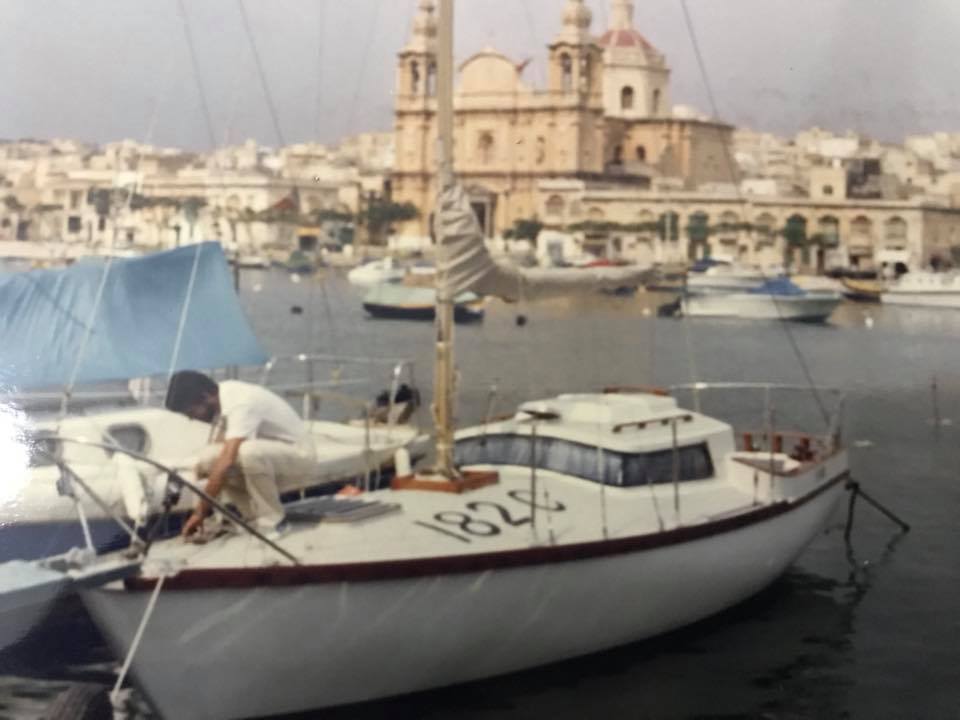
Yachts of yesteryear: Msida Creek in 1985
Despite technological advancements, incidents at sea have not disappeared. Ing. Camilleri attributes this, in part, to the significant increase in boating activity. "With more boats on the water over the years, accidents are more common. It happens to ships, fishing vessels, and even cruise ships. The Costa Concordia disaster in Italy and the tugboat incident in Qawra are prime examples."
Indeed, according to the National Statistics Office, over the past decade, the number of registered vessels under the Maltese flag has seen significant growth. In 2010, there were around 5,700 vessels registered, and by 2020, this number had increased to 8,168. This represents a growth of over 40 per cent in the span of 10 years, however this figure includes ships and vessels that are not necessarily berthed in Malta.
As for smaller boats registered with Transport Malta under the Small Ship Registration, in 2021, around 23,133 small ships were registered in Malta, including pleasure boats and yachts, marking a substantial increase over the past decade. The number of yachts alone more than doubled from 2,733 in 2012 to 5,515 in 2021.
Rising costs and premiums
Owning a boat in Malta has become increasingly expensive. "Prices for boats have more than doubled since COVID, and waiting lists have grown longer. Now, you need to wait up to two years to get a boat, and prices aren't fixed. Shipbuilders often reserve the right to increase prices by 5-15 per cent annually," Ing. Camilleri explains.
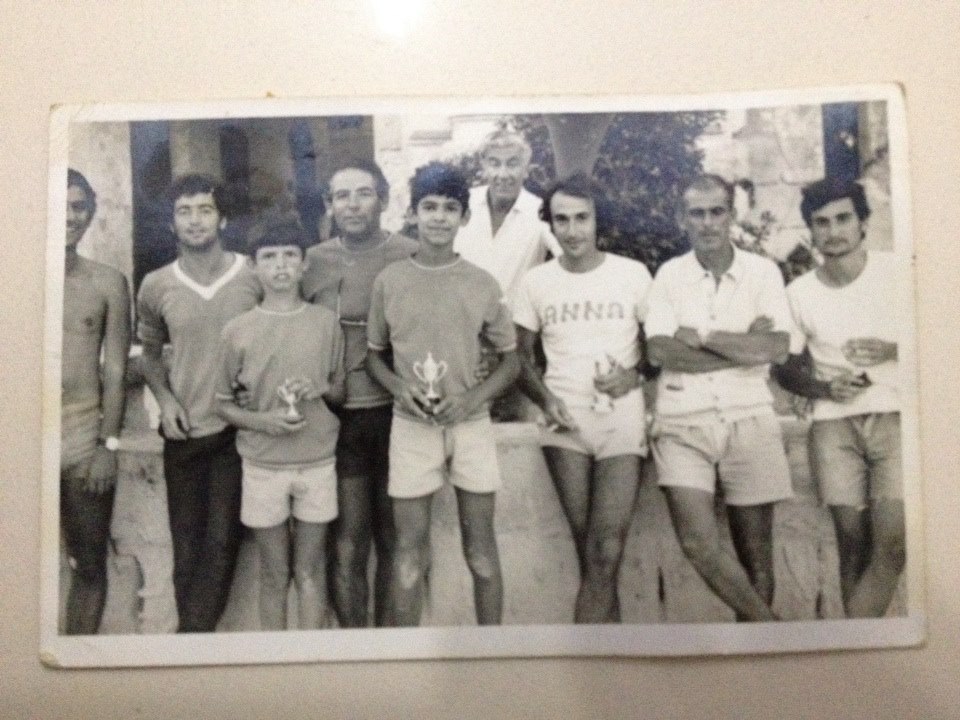
1969 at the Royal Malta Yacht Club at Couvre Port in Manoel Island: Photo taken after the presentation of the summer sailing regattas. Anthony and his younger brother seen holding the trophies, with their father just behind
Insurance premiums have also seen a significant rise. "My premium went up by around 30 per cent in the last year. With more accidents, higher premiums are inevitable. Recently, we've seen two major accidents and two fires in Mellieha and Delimara, which have pushed up claims. Older boats, especially those not properly maintained, pose even greater risks. After 15 years, insurance companies typically require condition surveys."
The market for boats in Malta has also shifted. "In the past, medium-sized boats were popular, but today, the trend is towards either very small boats or super yachts. Space is limited, and the middle market has shrunk."
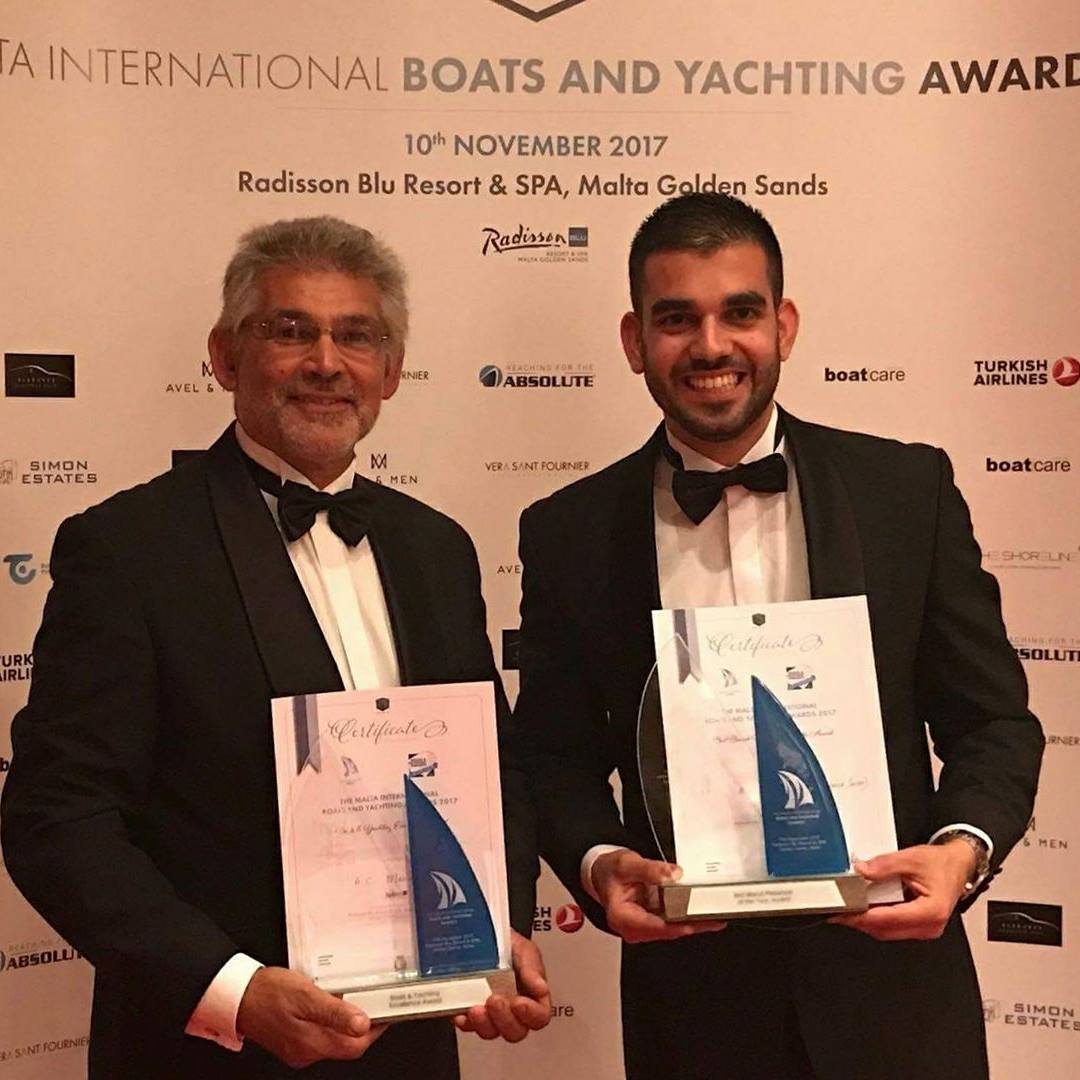
At the 2017 Boats & Yachting Awards: AC Marine Co, the company founded by Anthony, was presented with the Best Brand Presence Award - Bavaria Yachts, as well as the Boats & Yachting Excellence Award .
Are standards falling?
Ing. Camilleri raises concerns about the current standards of skippers and crew. "Experience is key, but today, you see young skippers with limited experience taking out big boats. That’s why accidents happen. Some charter companies trust 18 or 20-year-olds with minimal training, and that’s dangerous."
He also stresses the importance of being prepared for anything at sea. "Your engine could stop, or your propeller could get fouled. You must be ready to act quickly. I’ve seen boats go aground because they weren’t quick enough to drop their anchor. And don’t get me started on autopilot mistakes. People often don’t zoom in on their charts, misjudging their position and distance from the shore."
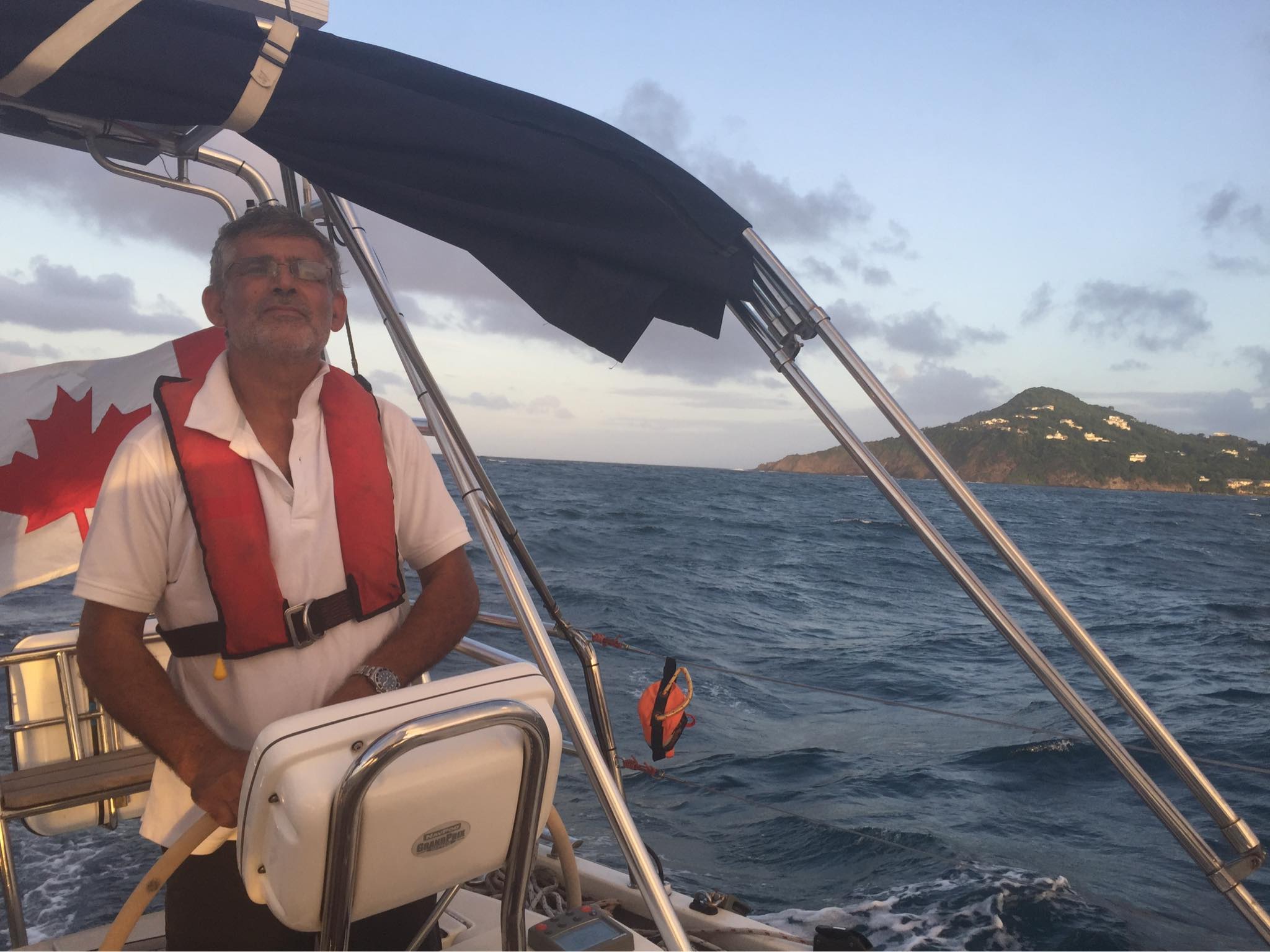
Anthony Camilleri pictured out at sea
The human element
One of the key takeaways from our conversation was the importance of the human element in sailing. "When I was in the business, I used to take people out, train them, and show them the ropes. Hands-on experience is crucial. Unfortunately, not everyone offers this level of guidance."
In an era where boating has become more accessible, Ing. Camilleri's insights serve as a timely reminder of the importance of experience, preparation, and respect for the sea. Whether you're a seasoned sailor or a novice skipper, his advice is clear: "You have to be ready for anything that can happen."
As Malta’s boating industry continues to grow, it is imperative that standards are upheld and that both boat owners and skippers remain vigilant. After all, as Ing. Camilleri aptly puts it, "It’s not just about getting out to sea – it’s about coming back safely."
Main Image:
